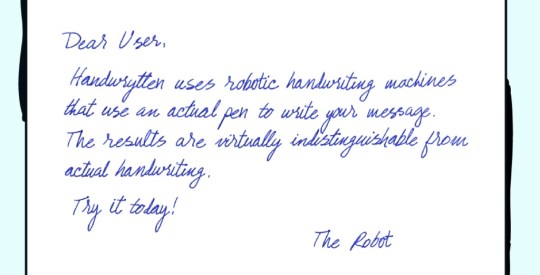Political wrangling over how to raise the nation’s debt ceiling while cutting the deficit continued Wednesday with U.S. Sen. Harry Reid (D-N.V.) saying “it is time for House Republicans to face the facts” and accept the Democrats latest proposal as a middle-of-the-road compromise. Reid said the Democrat’s plan protects Social Security and Medicare, while raising the ceiling by at least $2.4 trillion. Congress and the president have until Aug. 2 to approve a plan that will raise the debt ceiling. To date, ratings agencies Standard & Poor’s and Moody’s Investors Service have U.S. debt on a ratings watch. Estimates from the Congressional Budget Office suggest the Democrats’ plan would result in $2.2 trillion in deficit cuts over the next decade. House Republican leader Rep. John Boehner (R-Ohio) also submitted a plan, which the CBO said would cut “budget deficits by about $850 billion between 2012 and 2021.” Democrats warned that Boehner’s plan wouldn’t necessarily prevent the rating agencies from downgrading U.S. debt. “The bottom line is there is only one bill in Congress that is a true compromise,” Sen. Reid said. “We are running out of time, and it is time to compromise.” Sen. Dick Durbin (D-Ill.) urged Republicans to kill the Boehner plan, which he said “will not pass the Senate,” adding that “The speaker’s plan is on life-support, it is time for him to pull the plug.” Despite the echoes of anger coming from Wall Street and Congress, Christopher Whalen, co-founder of Institutional Risk Analytics, remains a contrarian on the debt ceiling issue, writing a commentary piece for Reuters Wednesday titled, “The U.S. Debt Crisis is a Good Thing.” “After 80 years of borrow, spend and inflate to finance the Cold War, housing bubbles and the rest of the world’s growth needs, the U.S. economy has reached an endpoint,” Whalen wrote in his commentary. “Political gridlock in Washington means not only an end to growth in government spending, but also that we are no longer willing to serve as the overdraft account for the world in terms of demand for imported goods and services.” Whalen does not deny the shift will be painful for Americans, but added that a turn is needed to get them away from “the borrow and spend policies advocated by second generation New Dealers,” which resulted in persistent inflation. “I have long argued that a low growth, low inflation environment is better for the working people than the manic, boom and bust cycles caused by big federal deficits and following accommodative Fed policies to make this all seem to work in a nominal sense,” Whalen said. Write to Kerri Panchuk.
Political gridlock over how to raise debt ceiling continues
Most Popular Articles
Latest Articles
Download these 9 real estate prospecting letter templates that actually work
Build your business with direct mail using these expert-written real estate prospecting letter templates.
-
14 powerful tips to master networking as an introvert in real estate
-
Fintech startup Hitch rolls out white-label HELOC product
-
6 best real estate schools in Washington (WA) for 2024
-
Rick Roque departs CrossCountry Mortgage to join Sierra Pacific
-
Brokerage executives double down on their lead generation strategies



